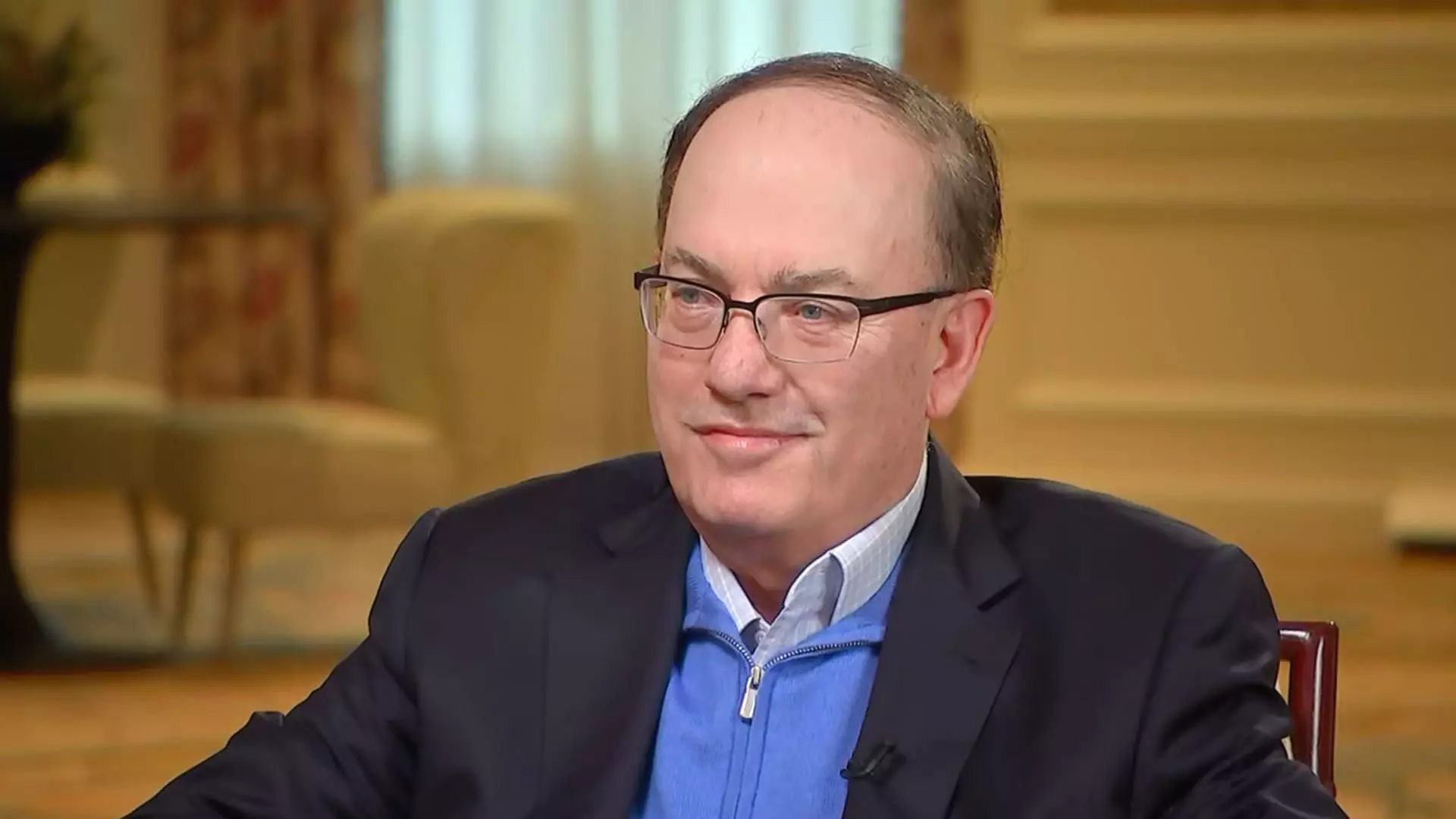Billionaire investor and hedge fund manager Steve Cohen has recently articulated a bearish stance on the U.S. economy, attributing his concerns to a combination of evolving government policies. Cohen’s apprehensions stem from Trump-era initiatives, which he views as detrimental forces shaping the economic landscape. Initiatives such as punitive tariffs, an aggressive immigration policy, and cuts in federal spending—these elements, according to Cohen, threaten to weaken consumer spending, and may position the economy on a precarious path.
Cohen’s firm assertion that tariffs are inherently negative presents a critical commentary on trade policies. He succinctly stated, “Tariffs cannot be positive, okay? I mean, it’s a tax.” This perspective underscores his belief that tariffs function not merely as protective measures but as burdens on consumers and businesses alike. When the government levies tariffs, the ultimate burden often trickles down to consumers who face heightened prices on imported goods. This inflationary pressure, compounded by an environment of reduced consumer spending, creates a vicious cycle that stymies economic growth.
Coinciding with the discussions around trade are the implications of an immigration crackdown. Cohen points out that slowing immigration could stifle labor supply growth significantly. The U.S. economy thrives on a diverse and expanding labor force. With more stringent immigration policies, opportunities for new labor influx diminish, contributing to potential shortages in essential sectors. This dual-threat scenario—aggressive tariffs coupled with limited labor supply—sets a concerning narrative for future economic growth.
Furthermore, Cohen shines a light on the anticipated repercussions of federal spending cuts, especially under the leadership of figures like Elon Musk, who aim to reallocate substantial resources. Cohen warns that reducing such fiscal support, which has historically helped buoy the economy, could lead to adverse outcomes. He articulates this phenomenon by suggesting that a cut of up to $2 trillion could result in a significant retraction of money circulating within the economy. With less federal spending, consumer confidence may wane, and businesses may find it harder to operate effectively.
As Cohen grapples with these developments, he envisions a potential slowdown in economic growth, projecting a decline from 2.5% to 1.5% in the latter half of the fiscal year. This foresight comes with a warning of an imminent market correction, reflecting a shift in the economic regime that he believes could entail significant ramifications for investors. “The best gains have been had,” he suggests, implying a cautionary note for those riding the recent waves of market success.
Cohen’s reflections offer a critical perspective on a tumultuous economic chapter influenced by governmental policy shifts. His warnings remind us that the interaction between trade, immigration, and federal expenditure plays a crucial role in shaping economic fortunes. As investors and policymakers navigate this landscape, the potential for a recalibrated economic environment looms large on the horizon.

